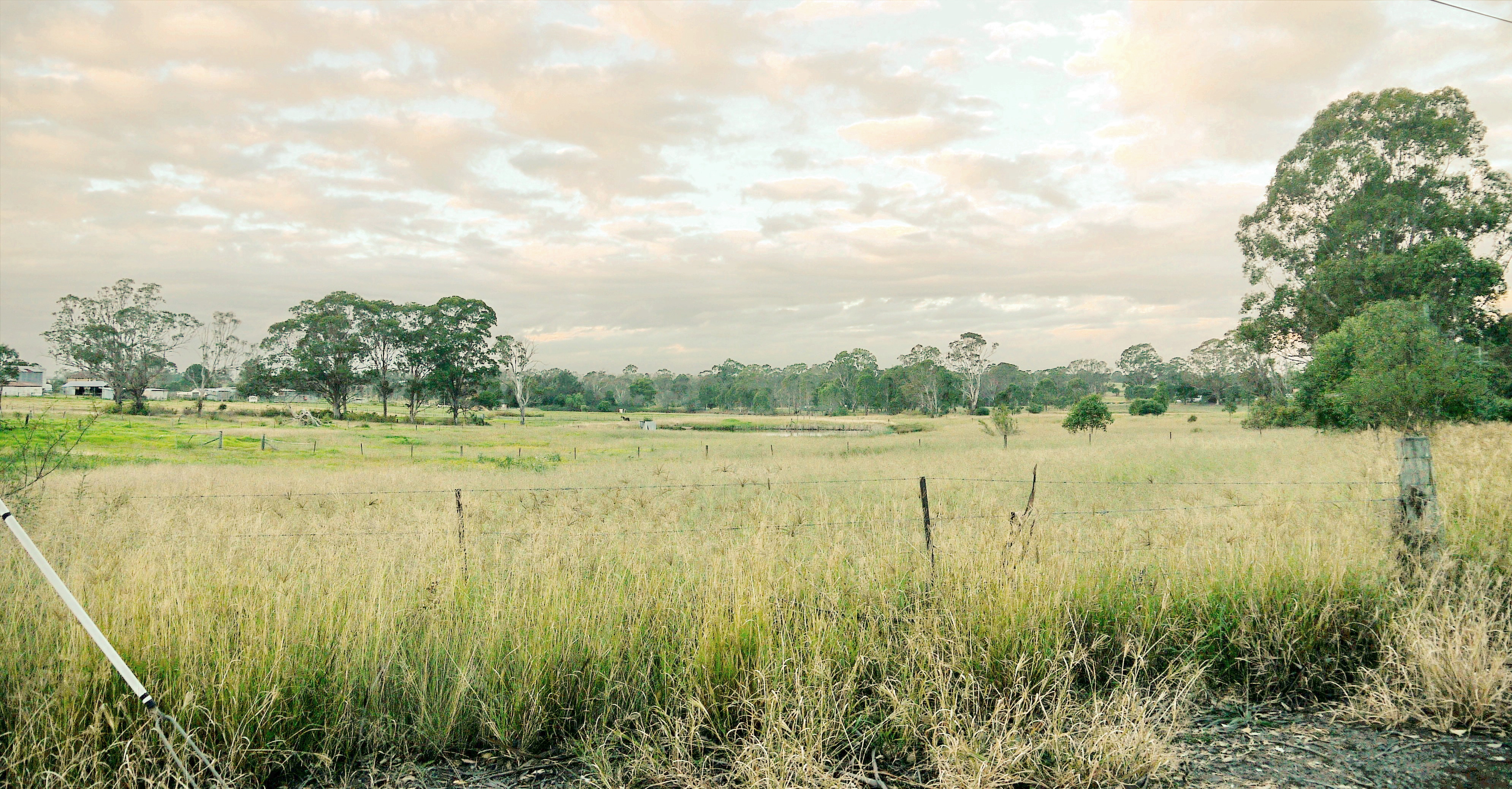Treasurer Joe Hockey has released the National Commission of Audit, the first major stocktake of the Commonwealth Government’s functions and expenditure in almost 20 years.
And his message was clear: Governments can’t keep spending money they haven’t got.
Under the terms of reference established for the Audit, the Commission was directed to examine the scope for efficiency and productivity improvements across all areas of Commonwealth expenditure, and to make recommendations to achieve savings sufficient to deliver a surplus of 1 per cent of GDP prior to FY2023-24.
In releasing the Commission’s report, the Government has indicated that it will accept some but not all of the recommendations, particularly as some of the recommendations conflict with key election commitments, such as increasing Defence expenditure to 2 per cent of GDP within a decade.
However, the Government has determined to use the Commission’s work and advice as a basis for its first Budget and for ongoing reforms to the way in which the Commonwealth operates. Importantly, the Commission was also asked to provide recommendations as to policy responsibilities and services which should continue to be delivered by the Commonwealth and those that should either be devolved to the states or abandoned completely.
Analysis
The Government faces a difficult task ahead of the Budget (to be delivered in less than a fortnight’s time), with conflicting pressures and expectations:
The need to deliver on its election commitments, including the vow to restore budget finances and implement policies requiring significant expenditure including its paid parental leave scheme.
The expectation that this will be a ‘tough budget’ – if not tough enough, a perception may emerge that the Government cannot convert its reputation for economic management into action.
Conversely, a ‘too harsh’ budget risks an electoral backlash, with a political risk of alienating the Coalition’s base constituencies.
Further, while there is a real need to rein in government expenditure and pay off debt, very heavy curbs to spending carries with it some risk to the short-term economy, with particular impacts on consumer and business confidence.
To this point, the Chair of the Commission, Tony Shepherd AO, stressed today that the recommended course of action is to act now, act incrementally and act fairly.
And if these factors don’t weigh heavily enough, the Treasurer and Prime Minister will be cognisant that of all budgets, the first is the most important for the long-term success and legacy of an Abbott Government. It is with this budget that the Australian community will get its first substantial sense of the principles and character of the Prime Minister and his Cabinet.
Recommendations
The Commission of Audit:
- Includes 64 recommendations to achieve a surplus by 2019-20
- Identifies savings of between $20-30 billion in 2017-18
- Identifies savings of between $60-70 billion in 2023-24
- The report includes the following recommendations:
Reforming the Federation
- Addressing vertical fiscal imbalance by more closely matching the revenue-raising capacity of States and Territories and their expenditure responsibilities.
- Providing the States with access to the Commonwealth’s personal income tax base
- The Commonwealth reducing its personal income tax rate by an equivalent percentage point amount to a new State surcharge to ensure that taxes do not rise overall. Revenue raised would be hypothecated to the States.
- Providing the States with a capacity to periodically vary the surcharge they impose as a means of injecting further competition into the Federation.
- Age Pension and Seniors Health Card
- Increasing the age when people can access their super from 10 years below the Age Pension to five years. The current phased increase of the preservation age would be extended to reach 62 by 2027.
- Tighter targeting of eligibility through replacing the current income and assets tests with a single comprehensive means test to apply prospectively.
- The means test would include an assessment of the principal residence in determining eligibility to be similarly applied prospectively.
- The eligibility age for the Age Pension is recommended to be increased to around 70 by 2053. The proposed change would not affect anyone born before 1965.
- Income from tax-free superannuation added to the income test for the Commonwealth Seniors Health Card which provides a range of health concessions to seniors who are not on the pension
Healthcare
- Higher-income earners take out private health insurance for basic health services in place of Medicare. This would preclude them from accessing the private health insurance rebate.
- Co-payments would be introduced for all Medicare funded services. This would see general patients paying $15.00 per service unless reaching over 15 visits in one year which would bring into effect the safety net threshold of $7.50 per service. Concession card holders would pay $5.00 per service and then $2.50 once the safety net is reached.
- States introduce a co-payment structure for public hospital emergency departments that would cover “less urgent conditions that could be appropriately treated in a general practice setting”.
- The Pharmaceutical Benefits Scheme increases co-payments for all medicines under the scheme including concessional medicines that are currently free.
National Disability Insurance Scheme
- Slowing down the phasing in of the scheme, despite this requiring the re-negotiation of bilateral agreements between States.
- Tighter control over the budget to ensure financial longevity and sustainability of the scheme.
- Carers and Disability Support Pension
- The annual Carer Supplement be limited to one payment per carer and that an income test be introduced for the Carer Allowance, to be set at $150,000 per annum.
- The Disability Support Pension would see indexation arrangements lowered and eligibility requirements examined.
Paid Parental Leave
- Lowering the Paid Parental Leave wage replacement cap to Average Weekly Earnings.
Family Tax Benefit
- Abolish Family Tax Benefit Part B to be replaced by a new Family Tax Benefit A. It is currently paid per child as a way to help with the direct costs of children and allocated based on a means test. The Report would see the eligibility criteria for this “tightened and simplified”.
- The Tax Benefit phased out at $99,220 with rates for subsequent children paid at 90% of the first child’s rate. It is designed to be allocated to provide assistance for sole parents and families where a parent remains at home to care for their children.
- A means tested payment replace the Childcare Rebate and Benefit. Parents would have to meet the “work, training, study” test to qualify for the new payment.
Child Care
- Assistance for families would be expanded to include Long Day Care, Family Day Care and also in-home care and other types of care that are not currently subsidised.
Young People
- Those aged between 22 and 30 and living without dependents would be required to relocate to higher employment areas or face losing their access to benefits after 12 months on unemployment benefits.
- Reducing the cost to the Commonwealth of the Higher Education Loan Programme (HELP) by increasing the rates applying to loans. The Commission also recommends reducing the threshold for HELP repayment from $51,309 to $32,354.
Schools and Funding
- Transferring all policy and funding responsibilities for government and non-government schools to the individual states.
- Funding would be allocated to three separate non-transferrable pools of government, Catholic and Independent schools.
- Decreasing the size of the federal Department of Education significantly.
Defence and Borders
- Reducing the size of Defence Headquarters in Canberra to 1998 levels as well as reintegrating the Defence Materiel Organisation back with the Defence Department.
Roads and Transport
- Road user charges be expanded, particularly for heavy vehicles, in an aim to reduce traffic congestion and increase revenue and funding from those who benefit from the use of roads.
Minimum Wage
- Introduce a benchmark minimum wage with the States able to set their own minimum wage utilising the benchmark as the guide. This benchmark would be set at 44% of the Average Weekly Earnings.
Privatisations
The Commission also recommends privatising, over the short, medium and long term, Commonwealth bodies that operate in contestable markets, including:
- Australian Hearing Services
- Snowy Hydro Limited
- Defence Housing Australia
- ASC Pty Ltd
- Australia Post
- Moorebank Intermodal Company
- Australian Rail Track Corporation
- Royal Australian Mint
- COMCAR
- NBN Co Limited
Rationalisation and streamlining of Government
- The Commission recommends cutting 15,000 public service jobs and reducing the number of government bodies by 73, including through:
- Merging the functions of the Department of Immigration and Border Protection and the Australian Customs and Border Protection Service
- Significantly consolidating health related bodies, including establishing a National Health and Medical Research Institute to better embed health and medical research in the health system; establishing a Health Productivity and Performance Commission by consolidating seven existing bodies to drive performance across Australia’s health care system with a focus on measurable outcomes; and consolidating five other agencies into the Department of Health.



